The Impact of the Election Results on Irish Issues
With one or two notable exceptions, the November 1998 elections saw those politicians most influential on Irish affairs safely re-elected to their posts and preparing for action on Irish issues in the new Congress.
Senator Chris Dodd of Connecticut, Representatives Peter King and James Walsh of New York, Richard Neal of Massachusetts and others who have been prominent on Irish issues were all returned without much difficulty in an election which saw Republicans hang onto their majorities in both House and Senate, albeit slightly reduced in the House.
New York Republican Senator Al D’Amato was the highest profile casualty of those who have been positive on Irish issues, losing to Democratic Congressman Chuck Schumer. D’Amato, chair of the powerful Senate Banking Committee, had played a key role in pushing the Walsh Visa bill through the Senate last year, which provides temporary work visas for some Irish citizens to secure job training in the U.S.
However, as D’Amato’s seat in the Senate has gone to Schumer, whose record on Irish immigration issues while in the House of Representatives has been excellent, there is probably no net loss in terms of Irish interests. “Chuck Schumer has done more than any other Congressman for Irish immigrants,” said Eamonn Dornan of the Irish Immigration Reform Movement. “He was there for us over the issue of diversity visas, and had helped at the time of the Morrison visas.”
Perhaps the other most notable loss was the departure from the House of Representatives of Democrat Joseph Kennedy III, son of the late Senator Robert Kennedy and nephew of President John F. Kennedy. Joe Kennedy’s farewell was more voluntary than D’Amato’s, having decided to retire from his Congressional seat in Massachusetts. Kennedy had been an early and vigorous advocate of human rights concerns in Northern Ireland, and identified with the issue years before it became politically fashionable to do so.
Joe Kennedy’s cousin Patrick Kennedy, son of Massachusetts Senator Ted Kennedy, was easily re-elected to his seat in the House of Representatives as a member for Rhode Island. Patrick Kennedy had been tipped as a likely candidate for the Rhode Island Senate race in 2000, but his appointment as Chair of the Democratic Congressional Campaign Committee — which will oversee the fundraising effort for House Democrats in 2000 — makes that less likely.
The other Kennedy standing for re-election was returned in one of the country’s most closely-fought races. Kathleen Kennedy Townsend, Joe Kennedy’s sister and eldest child of the late Senator Robert Kennedy, is Maryland’s first woman lieutenant governor, and she played a crucial role in this year’s gubernatorial race in the state, being elected for another term after a bruising and aggressive election.
The most significant impact of the election outcome on Irish issues is the replacement of Speaker Newt Gingrich with Republican Representative Dennis Hastert of Illinois. Gingrich had taken a relatively active role in Irish affairs, traveling to Ireland last year and playing an instrumental part in the passage of key Irish legislation. It was under Speaker Gingrich that the MacBride Principles were eventually passed, something which Gingrich’s predecessors as Speaker, Irish Americans Tom Foley and Tip O’Neill, had failed to do. “Newt Gingrich was really very good — until he became Speaker [in 1994] all Congressional hearings on Northern Ireland were blocked,” said Fr. Sean McManus, President of the Irish National Caucus, a longstanding Capitol Hill lobbying group.
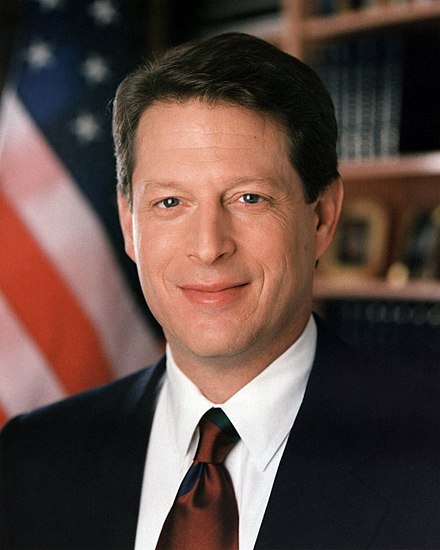
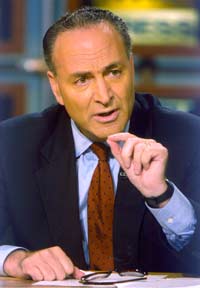
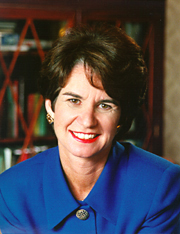
Hastert also has some experience on the Irish issue, and accompanied President Clinton on his trip to Belfast, Derry and Dublin in 1995. “He showed a lot of interest on the issue during that trip,” said Congressman Peter King. “He’s never been out front or aggressive about Ireland, but he’s been supportive of what the president has tried to do. With Dennis Hastert as Speaker Northern Ireland’s one of the few issues where there will be real bipartisanship in the new Congress.”
Others working on Irish American issues in Washington say privately that Gingrich’s demise might be a real bonus. Hastert is likely to adopt a more “hands-off” approach to Irish affairs than Gingrich, whose personal style left little room for delegation to committees. Under Hastert, some say, the various committee chairs who deal with Irish issues will be allowed freer rein, and will have license to wield more power.
Although key members like James Walsh will have to be formally reappointed to their committee positions by Hastert (Walsh is currently chair of the Friends of Ireland and co-chair of the U.S.- Irish Interparliamentary Group), there is unlikely to be any major disruption to the current roster of positions.
All agree that the most important event in the early part of the 106th Congress will be the planned hearings by the powerful International Relations Committee in the House of Representatives on the policing of Northern Ireland. The committee’s chair, Representative Ben Gilman of New York, has indicated that hearings — possibly full committee hearings — will take place sometime in March or April. Under Gilman’s chairmanship in 1998, the committee heard testimony on the Royal Ulster Constabulary’s harassment of Northern Ireland lawyers, and the 1999 hearings will coincide with a wider debate on the future of the force.
As part of the Good Friday agreement, the British government set up a commission to look into future policing arrangements in Northern Ireland. The commission, headed by former Conservative Minister Chris Patten, is due to issue a preliminary report in May 1999.
Many observers believe that the policing arrangements are the most difficult part of the agreement, with many Nationalists ready to accept nothing less than the abolition of the RUC and many Unionists prepared to support only minimal reforms. The International Relations Committee hearings will provide a very prominent forum for those concerned about the makeup and behavior of the RUC, and are likely to add to the powerful international pressure being exerted on the British government to completely overhaul the policing system in Northern Ireland. In November 1998 the UN Committee Against Torture called for the closure of RUC interrogation centers and questioned the use of plastic bullets by the security forces.
The International Relations Committee hearings “will come at a particularly important time,” says Rita O’Hare of Friends of Sinn Féin in Washington. “People are making submissions to the Policing Commission [in Britain] and the focus will be on it then.”
Fr. McManus agrees that the timing of the hearings is crucial, and that “The peace process will stand or fall on getting an acceptable police force.”
While the police hearings will take up much of the first quarter of the 106th Congress, it is difficult to predict what is likely to emerge in the second year of the Congress, and speculation has already begun about the election in 2000. There is some talk that Representative Peter King will make a run for the New York Senate seat being vacated by Daniel Patrick Moynihan, while several lobbyists for Irish interests cite Vice President Al Gore’s record on visas and his credibility with Unionists as evidence that a Gore presidency could be enormously beneficial to the Irish agenda.
Editor’s Note: This article was originally published in the February / March 1999 issue of Irish America.
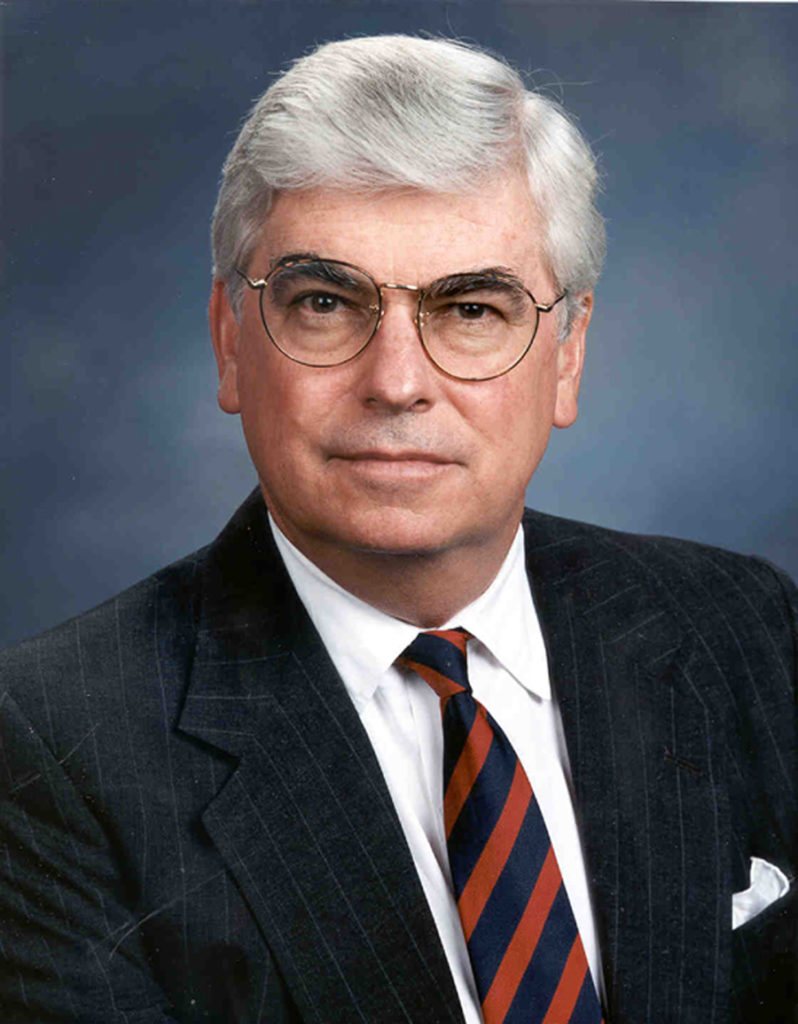
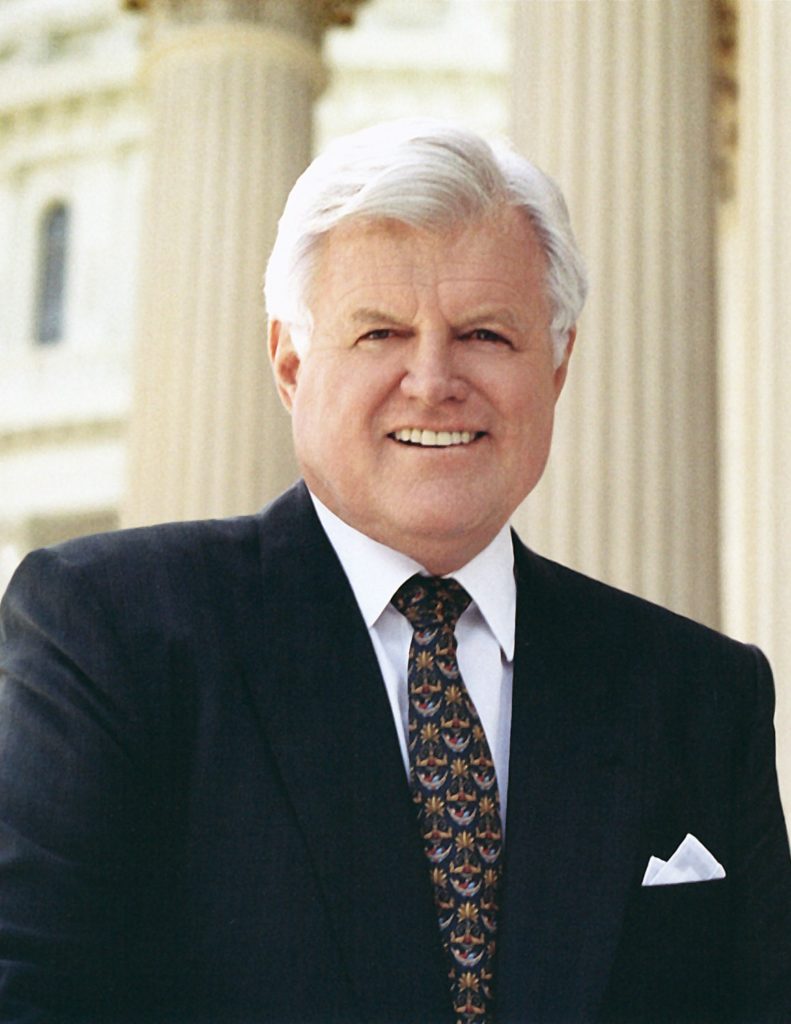
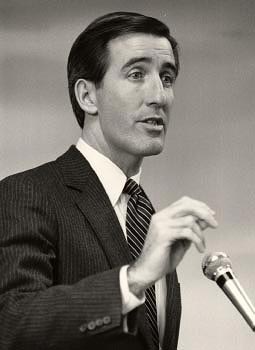


Leave a Reply